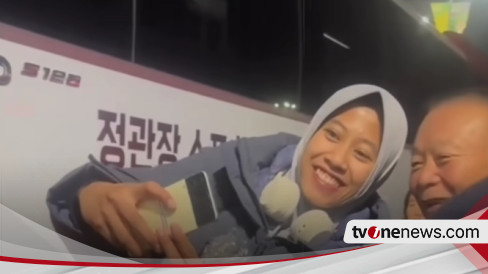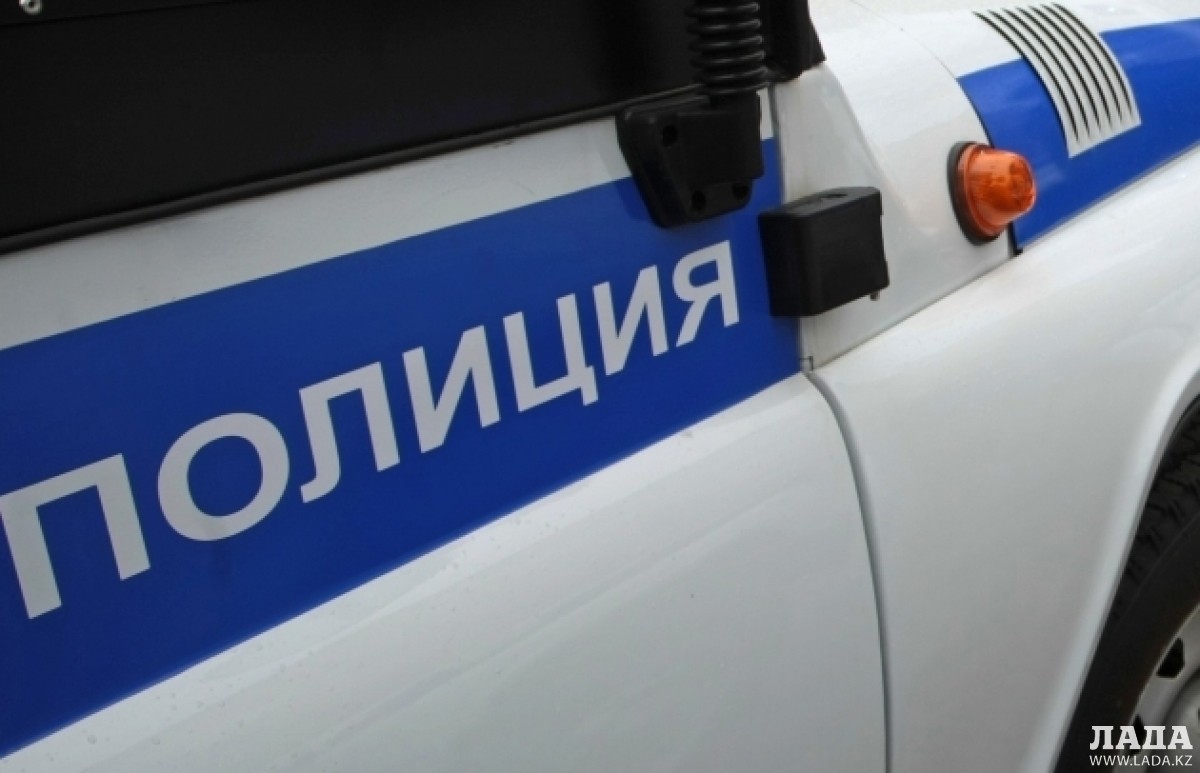Nonfiction
Publisher:
Cappelen Damm
Translator:
Lene Stokseth
Release year:
2024
“Documentary book at the heart of the Ukrainian drama and with exclusive access to President Zelenskyj”
See all reviews
Precisely that is decisive, that Shuster is at the core of the Ukrainian drama, with exclusive access to the president and his staff before the large-scale war two years ago, and during the dramatic first days of the war, when Zelenskyj stayed in Kyiv, and most thought Russia would take the capital. And with regular access to the president and his close associates during the war.
Found the tone
In addition, there are some lines of communication between the American journalist and the President of Ukraine. Shuster’s father was born in Ukraine, and then not too far from Zelenskyi’s hometown of Kryvyi Rih. As a young man, Shuster’s father went to Moscow, and married there, before the small family emigrated to the United States in 1989.
The surname Shuster suggests that the journalist and the president have the same background, in the post-Soviet Jewish intelligentsia, and both were native speakers of Russian.
No wonder they found the tone.
Critically enough
But the closeness between the journalist and the president never gets close. Shuster is sufficiently critical of the president’s increasingly strong need for control, including using the wartime emergency laws for all they are worth, in the struggle to make his authority visible.
It gives Shuster’s dense descriptions of the president additional credibility.
Shuster’s critical and independent coverage of the war has not – according to himself – limited access to the president either. That says something about both him and the president.
About men who fall
It is the continuity, rather than the break, that is the point of Shuster’s portrait of the entertainer Zelenskyj, who became commander-in-chief in a war of life and death. As a hard-working control freak and as leader of the theater and comedy troupe Kvartal 95 Studio, he had many necessary prerequisites to also become an effective war leader. Shuster points to his ability to improvise, to cope with pressure and to perform texts – whether it is to the people to gather courage, or to allies with prayers and demands for help and weapons.
Stay at your post
Particularly strong is the depiction of life in the catacombs, the bomb room under the presidential palace, in the first days of the war.
Shuster got to be close when Zelenskyj chose not to leave Kyiv, climbed out of the bomb shelter while Putin’s special forces were looking for him, took pictures of himself and his closest associates and assured the population that he was staying at his post – before urging people to fight.
The confidence of the president is also something Shuster helps us to understand, because it too is connected to the training he had as an actor, to always take on tasks that were bigger. To challenge what it would be like as an actor and theater director, if he then met the devil on flat land.
UNIQUE ACCESS: Simon Shuster has been reporting from Russia and Ukraine for 17 years, mostly for Time magazine. His unique access to Volodymyr Zelenskyj has resulted in the book “The Player. Photo: Debora Mittelstaedt Show more
Was wrong
Then it turned out that the president was also in reality going to meet the devil on flat ground, personified in Vladimir Putin. Here Shuster points out something of the president’s weakness, namely that he long believed that his talents as a communicator allowed him to talk to Putin. Yes, that he could even talk sense into the warrior president.
Also after the discovery of a massacre in Butsha, Zelenskyy spoke of his belief that he could reach a solution with Putin if they could only talk.
In the clearer light of hindsight, this may appear naive. So it will also appear naive that Zelenskyj did not listen to American and British intelligence that an attack would come in the weeks and days before it came. Instead, he chose to rely on German and French intelligence, who did not believe an attack on that scale would come.
Voltage
Naive? Realistic? There is a political settlement that will come, when the day dawns that the Ukrainians will not have to fight with everything they have just to survive. Central here is the tension between Zelenskyj and his top general Valery Zaluzhny.
Shuster shows that this rivalry has been going on for significantly longer than most have been aware of.
This, too, is a result of Simon Shustrer’s impressive – and highly enviable – access to exclusive sources.
An old jewel
2024-01-23 18:17:01
#invasion


